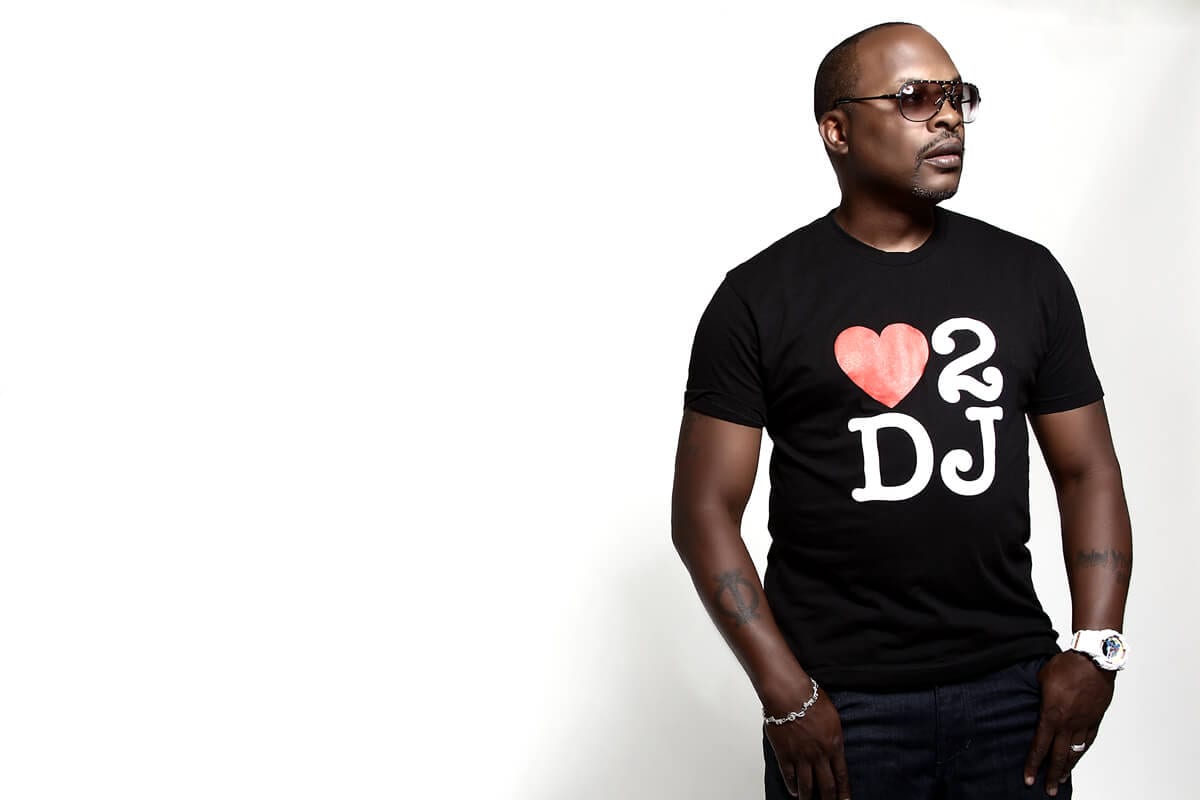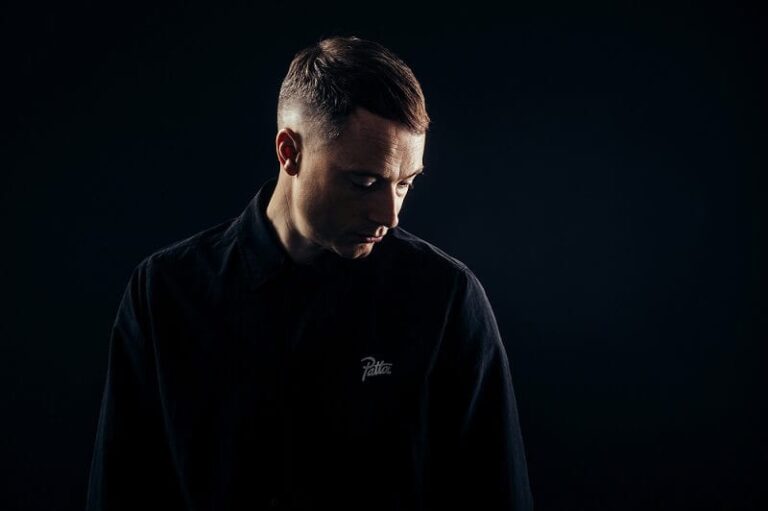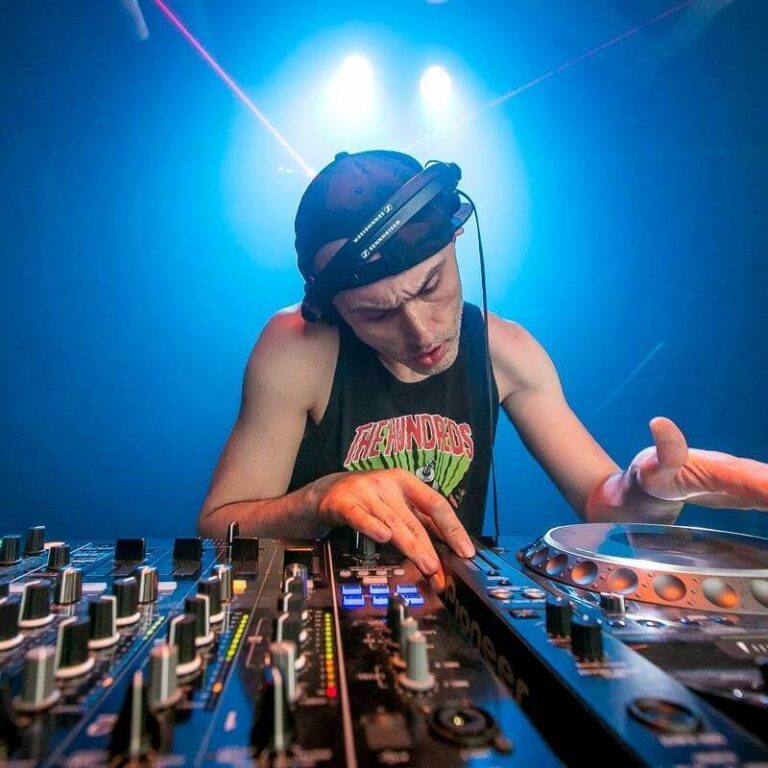Since his first record in 1985 DJ Jazzy Jeff’s life has been a blur of mad firsts and unique accomplishments…
His role in the development of the transformer scratch; with Will Smith he was the first act to win Best Rap Performance Grammy (and proceed to boycott it because they wouldn’t televise it); he made a track with Bart Simpson (Deep Deep Trouble) and worked on some of Eminem and Mac Miller’s earliest music. He’s been a playable character on DJ Hero. He knows Uncle Phil. He gave us Summertime.
And earlier this summer he gave us half an hour of his time to talk about breaks, dubplates and his thoughts on old fashioned techniques of the music industry and how this year’s album M3 (his first album in over 11 years) is a celebration of being fully independent and in control. Genuine wisdom incoming…
What was the first break you ever sampled?
The first I sampled? Obviously it was about cutting the breaks long before we sampled them. But I remember before we all got sampling for real, on the record The Magnificent DJ Jazzy Jeff, right at the end of that record, I scratched in James Brown’s Funky Drummer and I let it go. I didn’t see it as a sample I just played it along with the record. I still remember Bambaataa saying to us ‘you’re really bold, you played James Brown in your record, you got balls!’
Hip hop was so new to us, I didn’t think I was doing anything revolutionary or illegal or anything like that. But that was an early example for what you might call a sample. The E-mu SB 12 was only just coming out and not many people had one. We did that whole album pretty much with a 909 drum machine and turntables. Then not long after that comes the drum machine samplers you could put more patterns in and that’s when we sampled patterned breaks with different parts from different breaks.
The 909 was the hub of so many things
Oh completely. Before we started sequencing, you would just make the beat and everything else you play live or add on with turntables. The 909 was a revolutionary machine. As a MIDI sequencer which could be, as you say, the hub. But also with the swing. No other machine was capable of giving a beat that type of swing.
How about your favourite breaks? What were you sampling when the technology caught up and you were sampling?
I had a blessing. I got very close to DJ Easy Lee, who was the DJ of the Treacherous Three and he had all the breaks. He gave me so many breaks and I’m extremely blessed. Things like I Can’t Stop by John Davis & The Monster Orchestra. Things like that. There’s little old me from Philadelphia and he’s at the cutting edge of breaks in new York. He was like ‘you know what? I got these extra bricks you can build something with them’. That put me way ahead from where I was.
It was hard back in the day. These tapes would come from New York and you’d hear Flash and Theodore and all these DJs cutting breaks and you had no idea of where that break was coming from. You’d get tonnes and tonnes of bad information. Someone would say what it was, you’d spend a lot of time tracking it down, you’d spend your hard earning money on the record and it wasn’t on there. There were enough people out there into it and pushing it, but not enough for you to be able to go ‘Yo! What is this?’ and find out. It became like baseball trading cards and people would try and find things. And of course you also wanted to find breaks that no one had discovered yet.
Secret weapons!
For sure. I’ll never forget when Wild Style first came out and there’s that scene with Flash cutting God Made Me Funky in the kitchen. We didn’t know that break. We were like ‘what in the world is that? So we went out to try and find it. You have to remember, this was before the internet. This was research. You’re hoping you know somebody who knew somebody who was in New York and was cool with Flash enough for him to tell you what that break is. It was brutal man. But that was the fun of it. And sometimes you’d find something completely by accident. My brother was a big Patrice Rushen fan. One time he was playing Hang It Up and when that break came on I was like ‘oh shit!’ I bought two copies and started cutting those. It wasn’t a popular break so when I started cutting it people were like ‘what is that?’. I’d just got it through my brother being a fan!
I’m guessing you covered the labels?
Oh man I would soak them in the tub and take that label off straight away! It wasn’t like these records were easy to find anyway but you wanted the advantage of having something that no one else would have.
Who always dug out the best?
It was always Flash and Theodore. Not just because they picked the best breaks, but they had the best skill mixing and cutting them. I remember Theodore cutting the break from 2001 on a Convention Mixtape. Now I know how short that break was. It was like ‘how in the world is he mixing that so fast?’ So there was a mystery of not seeing how they did it. That was part of the allure; trying to work out what the hell is going on because your ears aren’t matching your brain. Then you have to see it. It becomes an obsession.
At the risk of sounding like an old man, do you miss that? Or do you love the game we play today too?
I was talking about this to someone this morning! As much as you appreciate things now, I do worry that we’ve decreased the lifespan of things. I enjoyed not knowing what the break was, I enjoyed the scavenger hunt and eventually finding out and finding the record. The quest was everything. The idea was having something that no one else has. Everyone having everything spoils that.
That’s what dubplate culture was all about in drum & bass. Were you aware of dubplate culture particularly?
A little bit but you couldn’t avoid it when I visited the UK during the 90s. I thought it was amazing. That’s the one thing we weren’t doing. We didn’t catch on here; to cut things we were making so we had something 100 percent unique? That’s amazing. We just didn’t do it.
Why not? Everything roots from comes from soundsystem culture so I assumed there would be cutting houses in the US….
It definitely did come from soundsystem culture. But that particular aspect of soundsystem culture, cutting plates, just wasn’t as prevalent over here. You heard about spots that would cut dubplates but it didn’t necessarily click. No one thought ‘I should do this and have a one off thing that will separate me from everyone else’ So even when I was coming to the UK it never clicked for me to do that when I came back to the states. I never thought I could do the same thing. But imagine if we added dubplate culture onto those early stages of hip hop culture?
Wow
Right? But back to your question earlier… The most important thing in both hip hop in America and dubplate culture in the UK was that there was no internet as we know it and certainly no social media so things took time to incubate in different places and there were very distinct scenes and cultures developing on their own from town to town, country to country.
You mentioned about the lifespan of music earlier, did that affect your writing process when you made your recent album M3?
It did the reversal. I approached this like my very first project. You had your entire lifetime to do that. You didn’t do it with anxiety or stress because you had nothing in the first place. I didn’t care if the radio played things. I didn’t care about how long the songs were, or what the structure was. The only thing was ‘do we think this is cool? Yeah, it’s cool. It goes on the record’ That’s it. Then suddenly you had to think about it being under four minutes, it needs two verses, more of this, more of that. Who in the hell came up with all these rules?
I guess benchmarks are set based on previous songs that have been a commercial success so they try and emulate that?
That’s exactly what they do. But what’s funny is that you never know what people will gravitate to. Everyone in music thinks there’s a genie that tells you what people are going to like. It doesn’t work like that. Like a comedian doing a dance to a Drake’s track. It blows up, goes viral around the world. No one’s forecasting that. Drake never knew that would happen. It just blew up.
You can’t predict that
You can’t! But business entity of music feels like they need to predict things. They don’t like the fact they don’t know. So they come up with some gimmick that makes people think they know something. But it never works.
Or they just look at data and work off numbers alone…
Oh for real and now this really lowers the tone. Let me get this straight; people try to make art seem like something everyone can do it. But the reason it’s art is because only a select few people can do it. I fear some aspects of music are being dumbed down so that everyone can do it. But the beauty of art is I don’t paint like Picasso, I don’t play soccer like Messi, I don’t shoot like Michael Jordan. Some people are great at things and we should celebrate that. Not lower the benchmark so everyone can do it. If everyone was able to make great music who’s left to listen to it?
You’ve been very clear with your thoughts on the music industry this year…
I hope so. It’s never made sense to me that the person who’s writing the music, producing, recording, touring it, performing it is receiving eight percent. That’s a travesty. But what bothers me more is that some of the greatest music we have never heard wasn’t released because of a decision of someone who’s not made music before. Someone in an office said yes or no. No one in the world should have the power to stop a musician from writing the music they want to release. That decision shouldn’t be in one person’s hands. And 90 percent of the time it’s in the hands of someone who’s never made music.
Or come from the culture. They just like working in what is ostensibly a cool industry.
Or they’re having a bad day. They’ve had a bad day to the point they can’t listen to someone’s music objectively and they just shut them down. So the greatest record that I will never hear is not out there because someone had a bad day? This is why I’ve been outspoken about certain aspects of the industry.
So this is a flip now. Something good about internet. You can bypass those industry people and have complete control and talk direct to people who want to listen
And that is what I absolutely love. I’ve always loved having control. When I got my very own studio I felt that control. I could create what I wanted to create and nothing else. I didn’t have a way of putting it out, and there’d be people shutting it down, but at least I could get it outside of me. Then the next phenomenon was of course social media. Having that direct access to talk to people who like what I do and ask people’s opinions. Cutting out that gatekeeper has been amazing.
I’ve always felt like the labels had a fan switch. They turn it on when you drop a project. They do the promo, some interviews and things like that until they’re ready to move onto the next release when they turn your fan switch off and turn on the next act’s switch. Now I have my own fan switch. I can talk to my fans between releases, I can ask them about my music or thoughts. That’s a revolution for musicians, man. So back to an earlier question, sure I do enjoy some of the aspects of the game a lot more now. I’ve never had so much control over what I do and I’ve never been happier.
Catch DJ Jazzy Jeff at Electric Brixton on October 12
Follow DJ Jazzy Jeff: Facebook / Soundcloud


